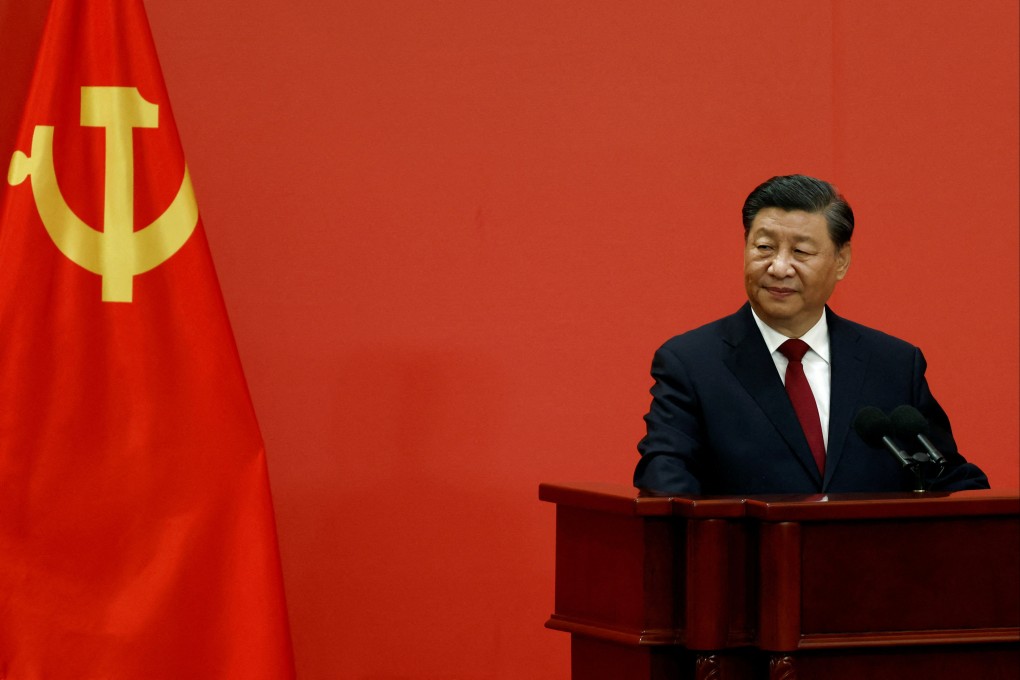Advertisement
Xi Jinping urges global tech cooperation as IBM, Intel, Cisco CEOs attend China’s internet conference
- The Chinese leader issued a congratulatory letter to the World Internet Conference, which also saw the debut of the Communist Party’s new propaganda chief
- Several American tech executives have attended this year’s event virtually, including the CEOs of IBM, Intel and Cisco
Reading Time:2 minutes
Why you can trust SCMP
4

Tracy Quin Wuzhen
Chinese President Xi Jinping on Wednesday called for global cooperation in the tech sector at the opening of the World Internet Conference (WIC), an annual event that promotes China’s model of cyberspace governance, as the country faces growing challenges from the US to limit its access to advanced technologies.
Hundreds of guests, along with senior government officials and tech business leaders, gathered at an exhibition centre in Wuzhen, the picturesque canal town near Shanghai that has been hosting the event since 2014, to kick off the three-day conference.
Xi, who recently secured an unprecedented third term as China’s leader, issued a congratulatory letter, saying “the international society should strengthen communications and collaborations to cope with the challenges and opportunities brought by digitalisation.”
Advertisement
“Together, we can build a cyberspace that is more fair, open, safe and energetic,” he wrote.

This year’s WIC, hot on the heels of the Communist Party’s twice-a-decade national congress, saw the event debut of Li Shulei, Xi’s protégé and the party’s newly minted propaganda chief, who is now in charge of enforcing Beijing’s ideology in cyberspace affairs.
Advertisement
“Many people of insight have realised that the current global internet management system still follows imperfect rules and an unreasonable order,” Li said in a speech. “The existing cyberspace governance rules are incapable of reflecting the wishes and interests of most countries.”
Advertisement
Select Voice
Select Speed
1.00x